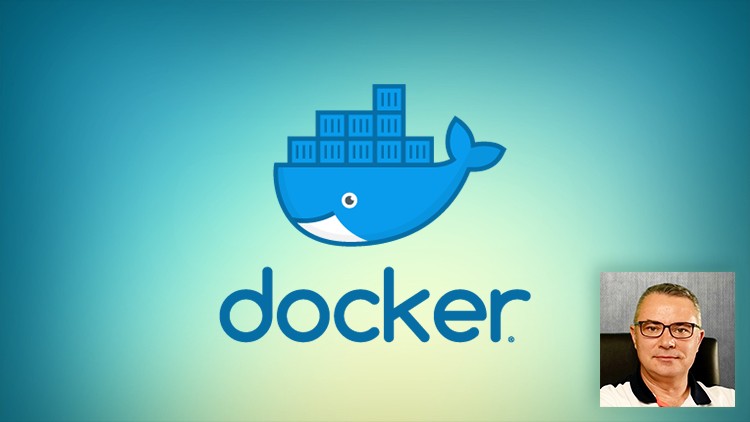Débuter avec Docker
Vos premiers pas avec Docker sous Linux
4.63 (1513 reviews)

4,180
students
3 hours
content
Sep 2018
last update
$39.99
regular price
What you will learn
Vous allez découvrir ce qu'est Docker, comment il fonctionne, sans forcément rentrer dans de la technique hyper pointue.
Utiliser des images, créer des conteneurs à partir d'images existantes.
Créer des images à partir d'images existantes.
Utiliser Docker Compose pour créer des environnements à plusieurs conteneurs communiquant entre eux.
Related Topics
1869672
udemy ID
8/21/2018
course created date
10/6/2019
course indexed date
Bot
course submited by